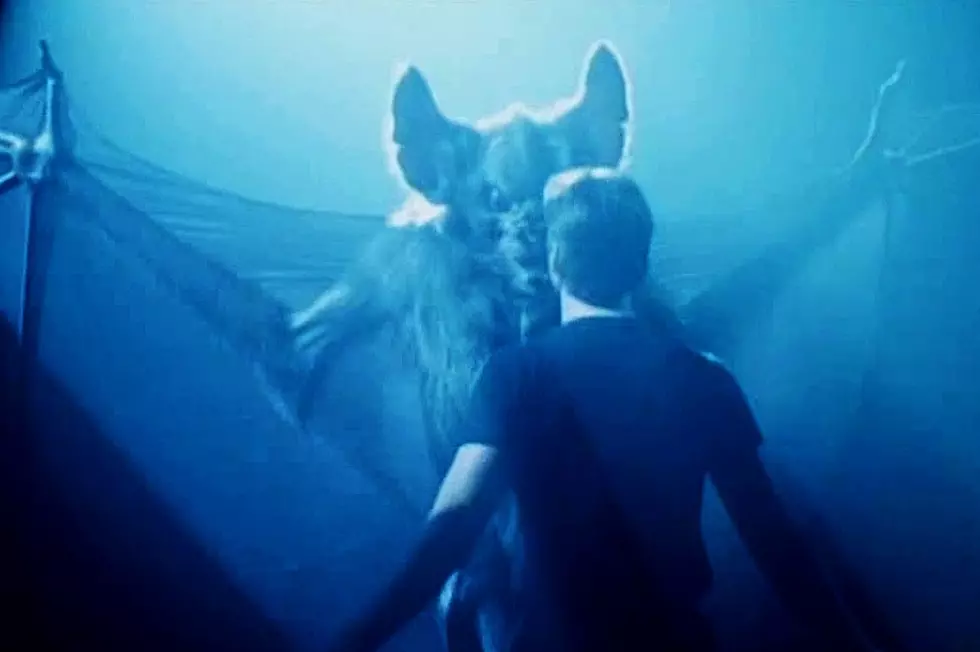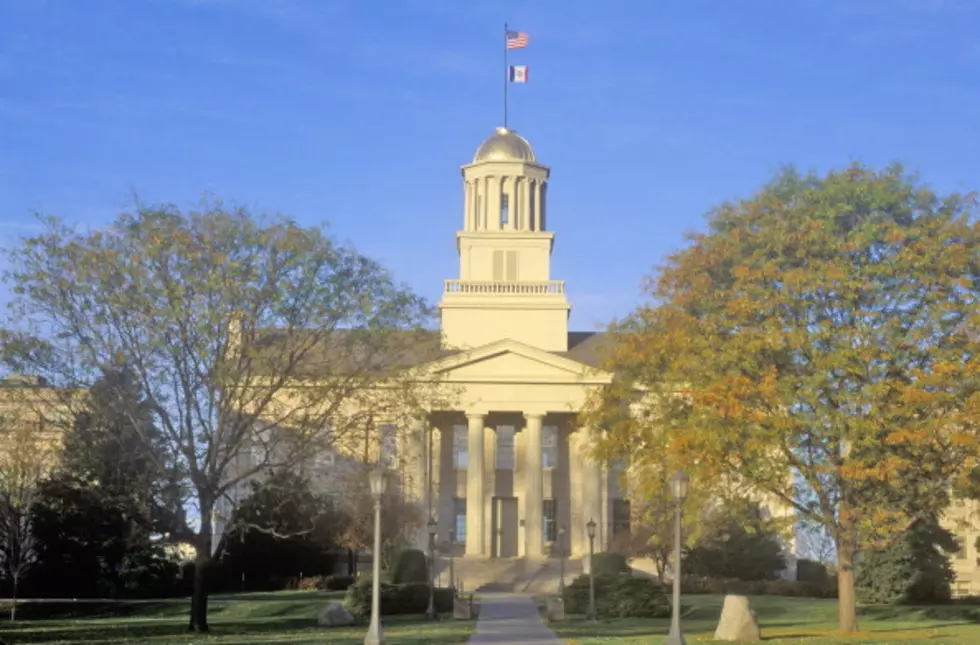
Lady A, the Blues Singer, on Lawsuit From Country Trio Lady A: ‘I Am Not Going to Be Erased’
Anita White, a blues artist who goes by Lady A, is speaking out after the country trio formerly known as Lady Antebellum filed a lawsuit asking a court to affirm their right to the Lady A name.
In an interview with Vulture, White lays out her side of the story, admitting that she was uneasy about negotiations with the band from the start. Furthermore, she says she's ready to stand her ground and fight for 'Lady A' — the moniker she's used for more than two decades.
"I was quiet for two weeks because I was trying to believe that it was going to be okay and that they would realize that it would be easier to just change their name, or pay me for my name," White says. "But here we go again with another white person trying to take something from a Black person, even though they say they’re trying to help."
The trio Lady A officially changed their name from Lady Antebellum to the shorter nickname, dropping the slavery-tied "Antebellum" on June 11 amid national conversations about racism and inequality in the United States. Lady A is a nickname fans have used for the band — and one they have used themselves — for years; the trio say they even trademarked Lady A, first for for live and streaming music purposes, and then for musical recordings and clothing purposes.
All of the band's trademark applications were approved without contest; however, White is an independent artist, and, as Vulture writer Andrea Williams points out, she has never had legal counsel or other representatives who would have advised her of the need to trademark her brand.
"You don’t get to just come and take because you have that privilege," White reflects. “We don’t have that luxury or that privilege, so we need somebody to help us and lift us up."
Country Artists Who Changed Names Mid-Career:
On June 15, both Lady As shared on social media that they had met via video chat to work through their issues. "Transparent, honest, and authentic conversations were had. We are excited to share we are moving forward with positive solutions and common ground. The hurt is turning into hope," the country trio wrote of the meeting. Via email, White told Billboard at the time, "We had [a] meeting today and we’re looking forward to a beneficial outcome for both parties. We're making progress."
Weeks later, however, White says she "think[s Lady A the trio] always knew what they were gonna do." She remembers that Dave Haywood, Charles Kelley and Hillary Scott asked multiple times to take a photo to post on social media during their video conference. In an earlier conversation, White recounts to Rolling Stone, she mentioned to Scott that the trio's nickname still held a racist connotation, since it is a shortened version of their original name, and Scott "never answered" how they'd change that.
The band, White says, wanted to record a song with her, and wanted to record the process. A first contract, sent to White on June 30, "had no substance" to explain their plans to support her and her career, she notes.
"It said that we would coexist and that they would use their best efforts to assist me on social media platforms, Amazon, iTunes, all that. But what does that mean?" White says now. "I had suggested on the Zoom call that they go by the Band Lady A, or Lady A the Band, and I could be Lady A the Artist, but they didn’t want to do that."
White's lawyers — a team of intellectual property attorneys from Cooley law firm in Palo Alto, Calif., who are working on her behalf pro bono — contacted the trio's legal representatives on June 25 to say that they were reviewing the original draft agreement. On July 7, her team delivered a new draft agreement including, according to the band Lady A's lawsuit, an "exorbitant monetary demand while maintaining the cooperation and collaboration obligations."
While the trio's lawsuit does not name the amount of that demand, a statement on the matter from Haywood, Kelley and Scott states that White requested $10 million. White confirms as much in chatting with Vulture, explaining that the money was to be divided in half: $5 million would help her rebrand herself, and $5 million would go to charities of her choice, "including organizations that provide support to other independent Black artists."
"If you want to be an advocate or an ally, you help those who you're oppressing," White says, "And that might require you to give up something because I am not going to be erased."
In their suit, Lady A do not ask for money from White; rather, they want a declaration from the court that they are using their name lawfully, and that they are not infringing on White's rights by continuing to use it.
Country Music's Nastiest Lawsuits:
More From K92.3




![The Avett Brothers Try Their Hardest in New Song ‘Victory’ [WATCH]](http://townsquare.media/site/623/files/2020/07/the-avett-brothers-victory.jpg?w=980&q=75)


![Storms Damage Trees, Spawns Possible Tornado [Video/Photos]](http://townsquare.media/site/725/files/2020/07/Cedar-Falls-Storm-Damage_5-070920.jpg?w=980&q=75)


